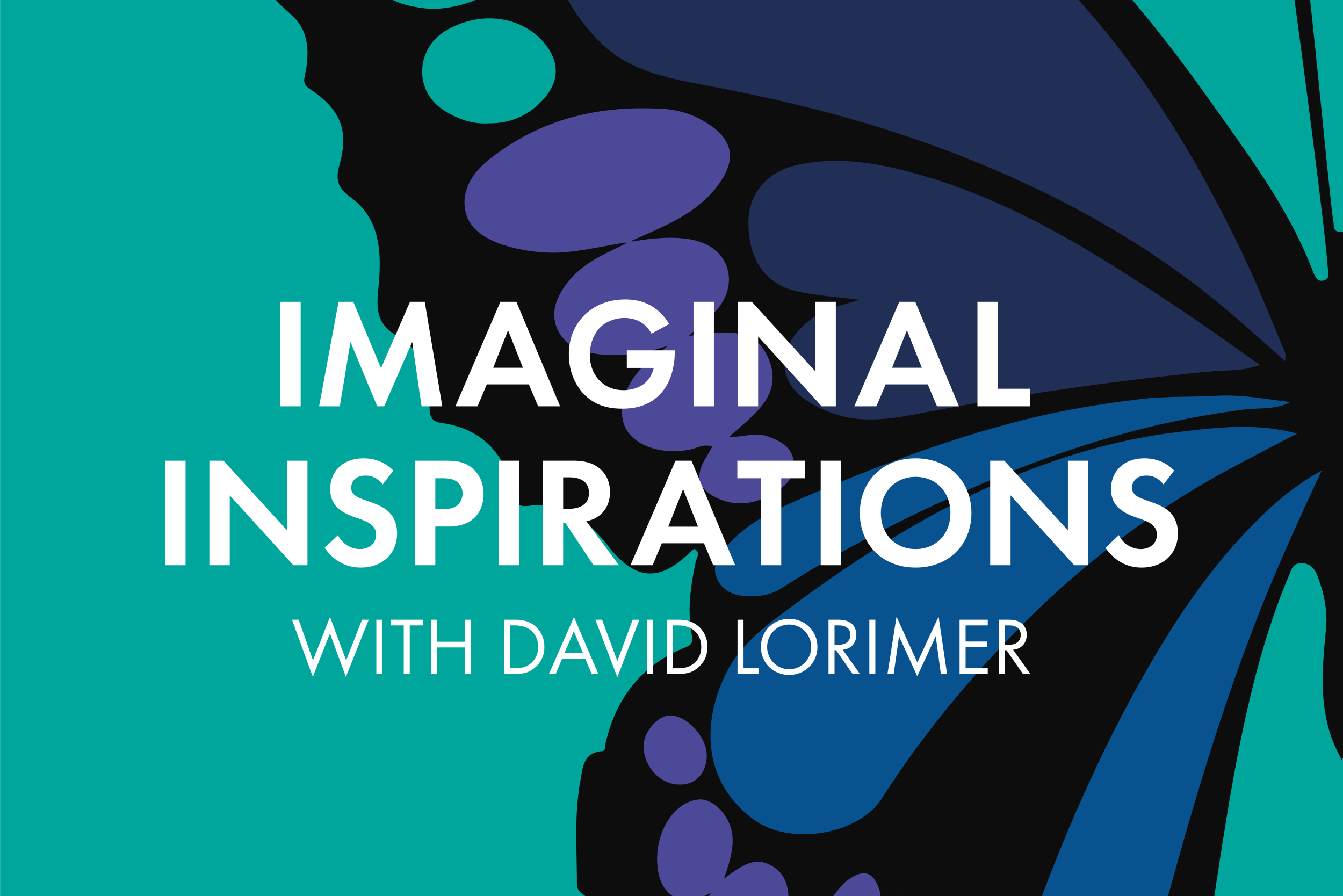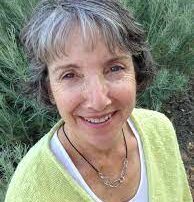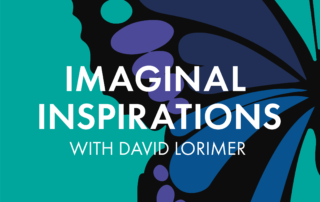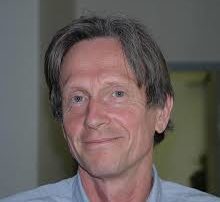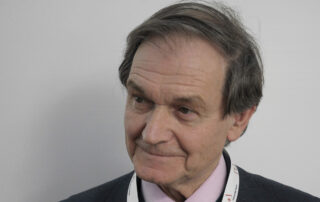
Expanding the Scope of Science
ORIGINS
David Lorimer introduces the Galileo Commission Report
REMIT
The Galileo Commission was founded in 2017 with a view to expanding the worldview of science beyond its limiting materialistic assumptions, which are seldom explicitly examined. A central and widely held assumption is that the brain generates consciousness and is therefore extinguished at death.
Following widespread consultation in 2018 with 90 advisers representing 30 universities worldwide, we have published the Galileo Commission Report, written by Prof Dr Harald Walach and entitled Beyond a Materialist Worldview – Towards an Expanded Science. The report has been widely endorsed as a groundbreaking document, so we encourage you to support our movement by joining the Galileo Commission either as a Professional Affiliate or a Friend. There is also a Summary Report and a Layman’s Report, and a brief summary of the argument is available in a number of languages. We encourage you to read and support Dr Athena Potari’s Call for a Renaissance of the Spirit in the Humanities and to read our edited book Spiritual Awakenings, which documents the transformative experiences of 57 scientists and academics.
A Call for a Renaissance of the Spirit in the Humanities
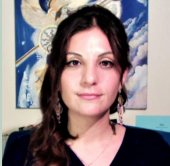 The “Call for a Renaissance of the Spirit in the Humanities”, written by Dr Athena D. Potari, is a pioneering project aiming to raise awareness regarding how the prevailing paradigm of materialism affects the ways in which knowledge is approached within the context of the Humanities. In line with the Galileo Report, which discusses the importance of liberating the positive sciences from the limitations of the paradigm of scientific materialism, this Call aims at making the case for the Humanities as well. The Call explores how recent developments in scientific studies on consciousness, and the ensuing understanding that consciousness is primary and unified, can inform our understanding of what it means to be “human” with correspondingly appropriate epistemologies, as well as how we approach key areas of human activity, including ethics, politics and the environment.
The “Call for a Renaissance of the Spirit in the Humanities”, written by Dr Athena D. Potari, is a pioneering project aiming to raise awareness regarding how the prevailing paradigm of materialism affects the ways in which knowledge is approached within the context of the Humanities. In line with the Galileo Report, which discusses the importance of liberating the positive sciences from the limitations of the paradigm of scientific materialism, this Call aims at making the case for the Humanities as well. The Call explores how recent developments in scientific studies on consciousness, and the ensuing understanding that consciousness is primary and unified, can inform our understanding of what it means to be “human” with correspondingly appropriate epistemologies, as well as how we approach key areas of human activity, including ethics, politics and the environment.What people say…
Featured book
Featured podcast
The Playful Universe – Marjorie Woollacott, David Lorimer and Gary Schwartz (Eds)
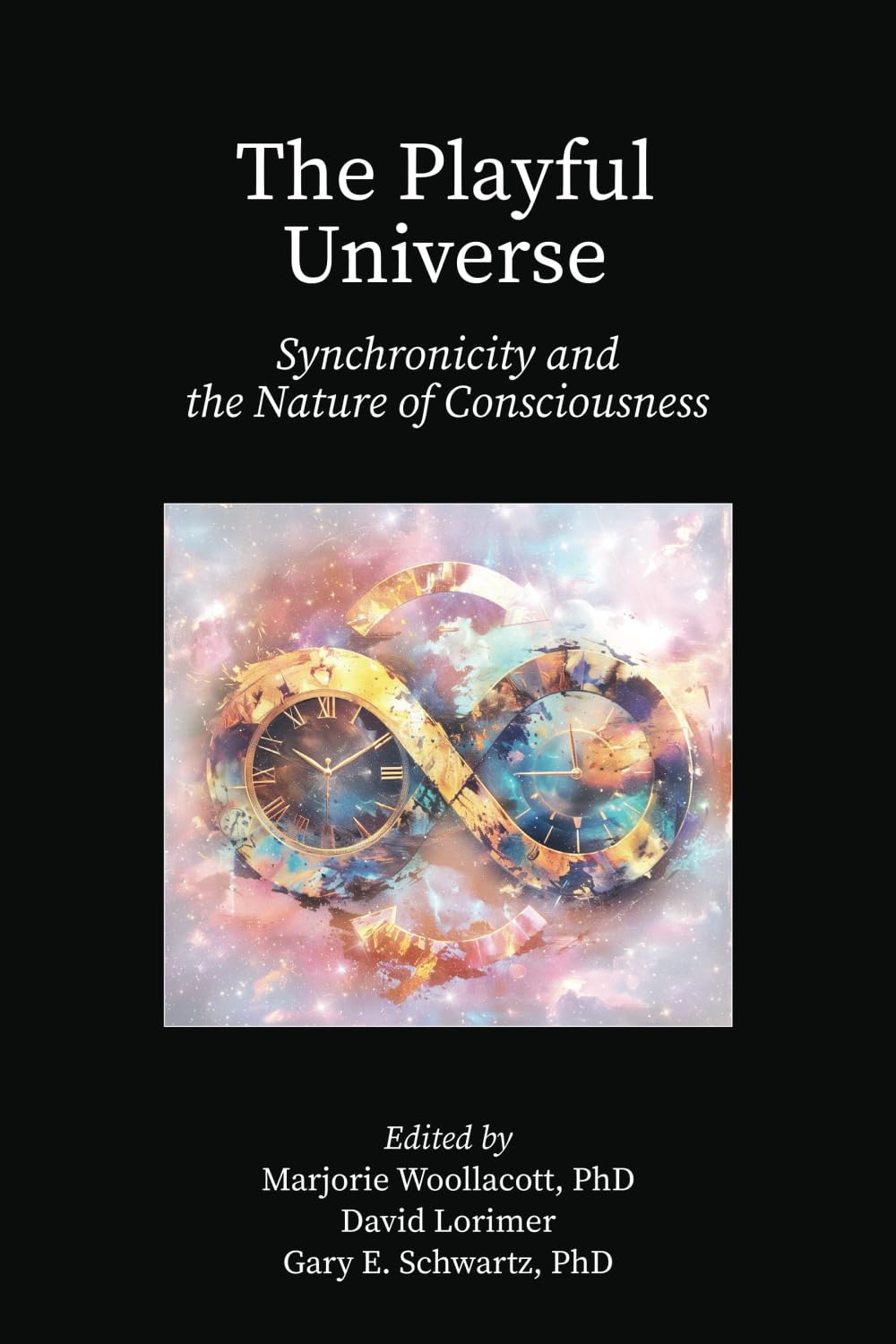
This volume consists of essays by scientists and academics describing their own experiences of synchronicity and how these experiences transformed both their worldview and the way they lived their lives. We truly believe that this is a fundamentally intelligent, benevolent, creative and playful universe in which we, as individual expressions of the one Universal Mind, co-create our reality.
Recent News
Part II: Complementing Reductionism – AliciaLandman-Reiner
Life sciences today approach nature through a reductionist lens. A broadened methodology, known as Goethean science, complements that one-sided perspective. Building on the elements of the qualitative and the wholeness of organisms, novel examples of non-reductionist work in plant growth, animal, and specifically human organization, are described.
Part I: Complementing Reductionism – AliciaLandman-Reiner
While integrative practices in health care have grown over the past half-century, life sciences still view nature almost entirely through a reductionist lens. Contemporary research is described that complements this reductionist, non-holistic perspective with the methods of Goethean science. A rigorous approach to qualitative science and to wholeness in nature is outlined.
Imaginal Inspirations with Bruce Greyson
Bruce Greyson is Professor Emeritus of Psychiatry and Neurobehavioral Sciences at the University of Virginia School of Medicine. He was the immediate successor to the Carlsson Chair after the legendary Ian Stevenson, who founded the Department of Perceptual Studies in the University of Virginia in 1967. Ian is famous for his meticulous studies of children who remember previous lives but he also researched near-death experiences in India. Bruce was a co-founder and President of the International Association for Near-Death Studies and Editor of the Journal of Near-Death Studies for many years and author of The Handbook of Near-Death Studies.
Can we Crack the Mind-Body Problem? Part II – Emmanuel Ransford
In this Part Two of what is now a four-part article, the main focus is on quantum entanglement – a strange feature of which we have only the wispiest grasp. It will be argued that nature flatly needs it, on grounds of consistency. The notion of holomatter will also be introduced. It will be shown that this “super-matter” sheds new light on the quantum world, one that makes it less… befuddling. When I felt it was necessary, I took the liberty to coin a few words. Their definitions are given in the Appendix 2A. Also, many footnotes are added to the text. Nearly all of them can be ignored with no adverse effect on the global comprehension.
Why a ‘genius’ scientist thinks our consciousness originates at the quantum level – Paul Patner
Do our minds have quantum structures that give rise to consciousness? Sir Roger Penrose, one of the world's most famous scientists, believes this and can explain how he thinks it works.
Imaginal Inspirations with Marjorie Woollacott
Marjorie Woollacott, Ph.D. is Professor Emeritus of Human Physiology and Neuroscience at the University of Oregon. Her research has been funded by the National Institutes of Health and includes both rehabilitation medicine and alternative forms of therapy such as tai chi and meditation. She is president of the Academy for the Advancement of Postmaterialist Sciences (AAPS) – one of the key partners of the Galileo Commission, the Research Director of the International Association of Near Death Studies (IANDS), and has written more than 200 peer-reviewed research articles—several of which were on spiritual awakening and meditation, which was the topic that motivated her to write her latest book, Infinite Awareness: The Awakening of a Scientific Mind.
